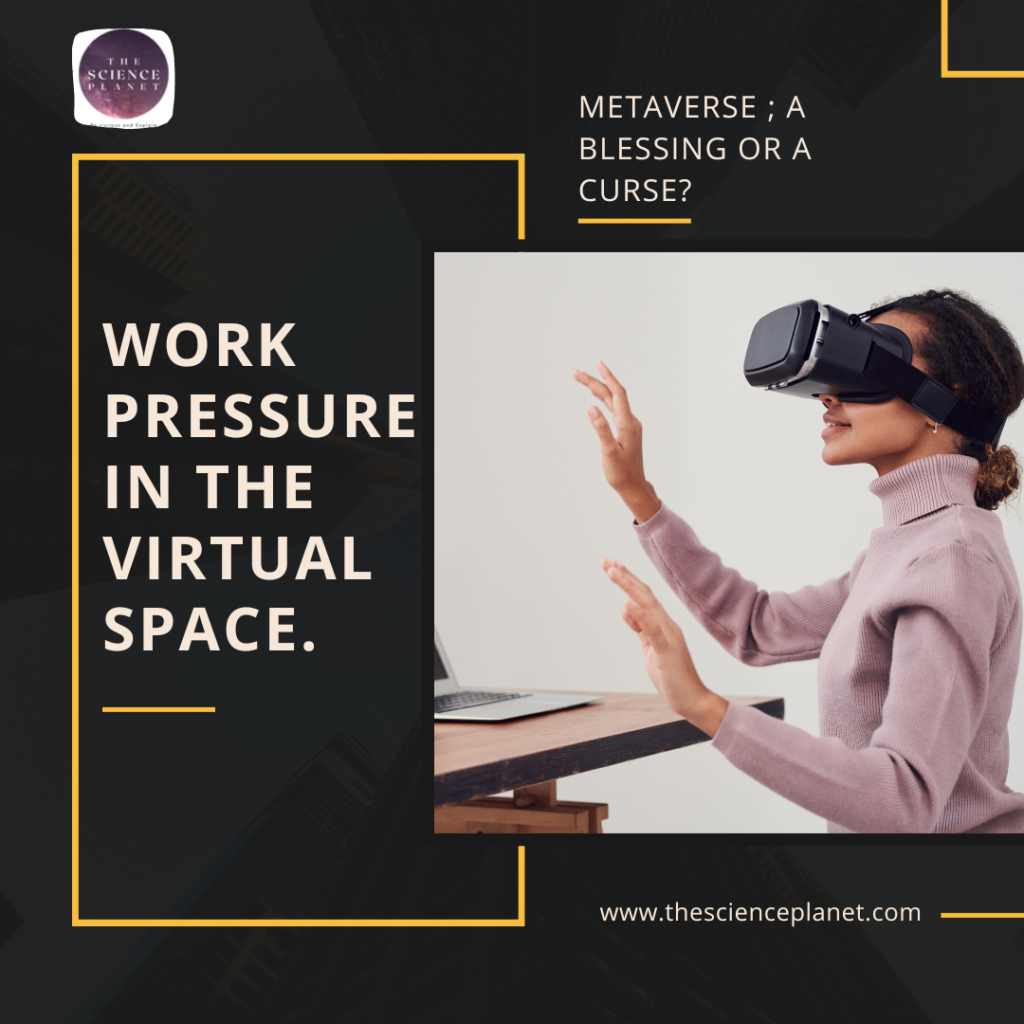“THERE’S JUST A LOT THAT CAN GO WRONG.”
Mark Zuckerberg, now CEO of Meta instead of Facebook, has devoted a lot of time and money into promoting his pricey metaverse as the future of work in an apparent bid to appeal to a wider public and sign every conceivable corporate alliance. Since technology is so pervasive in today’s workplaces and many employees have flexible or telecommuting schedules, you might as well join your colleagues in virtual or augmented reality and share a room with a dozen displays with your legless torso.

During his keynote address at Connect 2022, Zuckerberg declared, “The experience of presence that you get through VR, even today, can indeed be richer than what you receive through video chat.”
It’s not an utterly absurd proposal, at least in principle. However, those who are now working in the mostly-unrealized Meta’s Horizon Worlds metaverse say that the Zuckerverse does not yet provide that “sense of presence.”
FUTURE IS DARK AT WORK
“I am totally immersed in the metaverse, have a big headset on, and then I need to take off the Oculus, look on my phone for the two-factor authentication code that’s been sent to my phone, then memorize the number, put my headset back on, and try to key it in,” An Accenture employee complained to Slate about the company’s efforts to get Oculus headsets into the workplace, despite the fact that Accenture is a key backer of Meta. “But when you take off the Oculus it automatically goes to sleep mode, and I was trying to navigate the back-and-forth.”
Others who have tried to accomplish their jobs in metaverse workplaces have told Slate that they have had the same kinds of problems.
“Between forgetting to charge headsets, operating system updates, new app installation/updates, logging into accounts, screensharing between desktop and headset,” David Stern, founder and CEO of the Slate Group’s Supporting Cast podcast platform, told Slate, “there’s just a lot that can go wrong.”
A number of employees complained to Slate about blatant accessibility difficulties, particularly for people who suffer from motion sickness. In fact, even after an individual enters their virtual workplace, the difficulties don’t end; navigating fundamental social norms is said to be challenging, and most of Slate’s sources appear to think that the benefits of modern VR work are outweighed by the many documented drawbacks.
That might not be the bright future that was anticipated when businesses first began investing heavily in the metaverse. The depression is plain to see: In recent months, there has been a diminishment in both media coverage and ridicule of advances in virtual and augmented reality. Money is still coming in, and businesses of all sorts want a cut of the action. By 2030, McKinsey predicts, the “metaverse” will no longer be a word from the realm of science fiction but a $5 trillion industry. Recent efforts, however, are not concerned with large-scale applications like virtual land speculation or digital nightclub celebrations.
Even proponents of this change don’t believe it will be as huge a disruption as Mark Zuckerberg thinks it will be, and that’s assuming the technology develops, organisations keep buying and distributing headsets, and every meeting becomes a VR or AR meeting. “Could I see people waking up and putting on a headset and then getting out of the headset at 5 in the evening? I hope not. And I don’t see it,” said Sean Hurwitz, chief executive of the Michigan company Pixo VR.
So at one end the technology brings excitement, expectation and hopes to see our dreams come to reality and at the other end it is warning us of coming nightmares.
